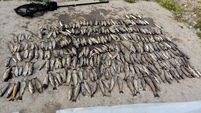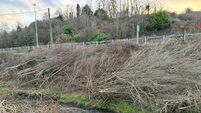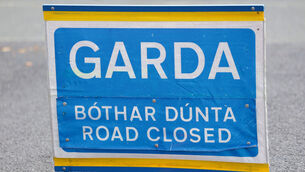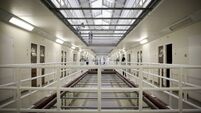Hosepipe ban in effect for Cork, Tipperary and Waterford for next seven weeks
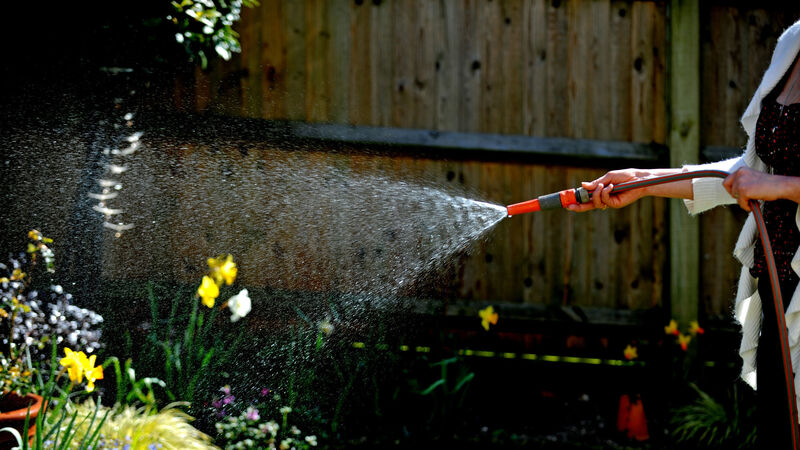
The ban prohibits the use of garden hosepipes and other non-essential uses of water by domestic users. File picture
A hosepipe ban will take effect in Cork, Tipperary, Waterford, and Wexford from Saturday, July 26.
The water conservation orders will remain in place for seven and a half weeks, until September 16.




